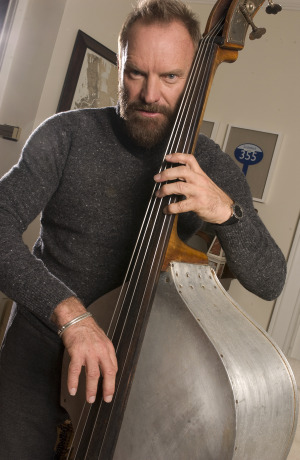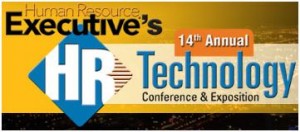It's quite possible that I might be wrong. Or maybe not.
It can be really easy to see people, not you of course, since you are wise enough to be reading this post I know you get it, but all those other, silly people that might not possibly agree with you or insist of thinking or acting in ways not necessarily aligned with your genius as not getting it, or worse, having a disastrous lack of vision or even some shady morals.
We're seeing this constantly here in the USA in the spectacle that currently passes for political discourse these days. Mostly, philosophical disagreements or even simple policy impasses are escalated to massive proportions, and eventually result in, (or rather degrade to), a schoolyard style round of name calling followed by a 'I am taking my ball and going home' deadlock. Case in point from outside of the political sphere, and one that hits much closer to my heart - the ongoing National Basketball Association labor negotiations. This train wreck so far have been notable only for a lack of progress leading to the cancellation of the first two weeks of regular season games, and the slightly more interesting but also unfortunate dalliances by current NBA stars with leagues and teams in Europe and Asia. How are the locker rooms in Turkey, D-Will?
Maybe it is a by-product of the 24/7 news cycle, the explosion of online outlets for everyone and anyone to get on their soapbox, and the milliseconds after anything happens reaction, and re-reactions on social media, but the frequency and intensity of arguments seems more prevalent and acute than ever before.
I think there's also a bit of the instant expert phenomenon at play here as well. I loved how this week on social media 'I once rented a DVD' equated to 'I am expert on Netflix' business model and am fully qualified to tell them how to run their business via Twitter.'
I am sure it is naive, (and boring), to write about by-gone days where we could disagree without questioning each other's fundamental being or integrity or where we could have honest differences of opinion absent the passive-aggressive character assassination we see sometimes (maybe more than sometimes), online. But we can, and should do better I think, and try and compartmentalize these disagreements into the typically smallish buckets where they usually belong. And even if the disagreements are kind of big, well as the great songwriter/philosopher Sting so eloquently suggested so many years ago, even the Russians loved their children too.
But I don't mean that phony, politician-style faux-respect that usually starts with, 'I am sure Jim-Bob is a really good family man', but then proceeds into a lengthy and scathing rebuke of everything Jim-Bob has ever said, all the things he stands for, and how every single decision he has ever made in his life is foolish and wrong. I am thinking about the kind of honest disagreement that can really only come from having just a bit of perspective and at least the sliver of empathy. The kind of thinking that can only be present if we can be big enough to admit we might possibly not have all the answers. And the kind environment where we feel reasonably safe from attack if we take what might be an unusual stance or an unpopular position.
The kind of place that allows me to freely admit that in fact, I do still like Sting.

 Steve
Steve


